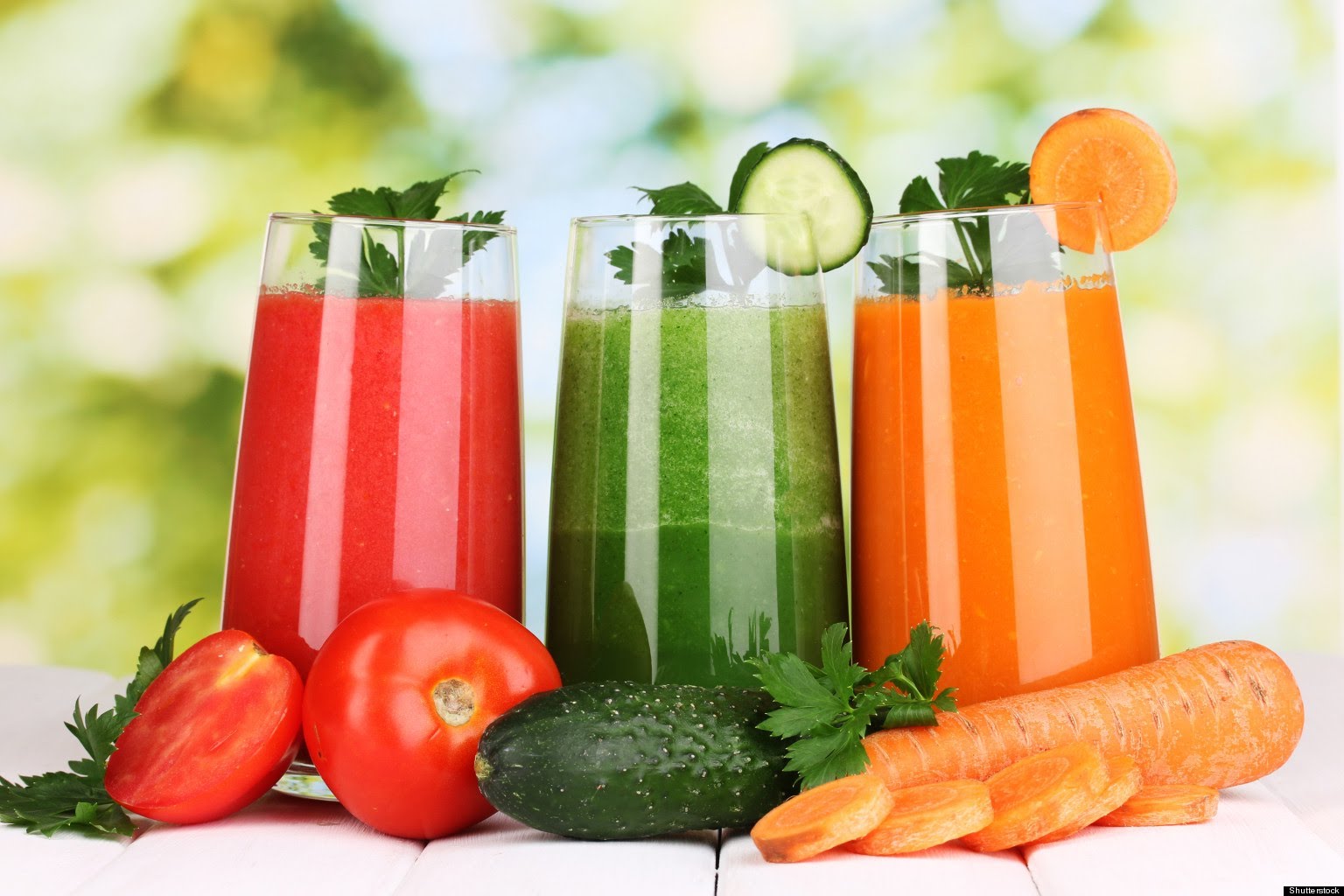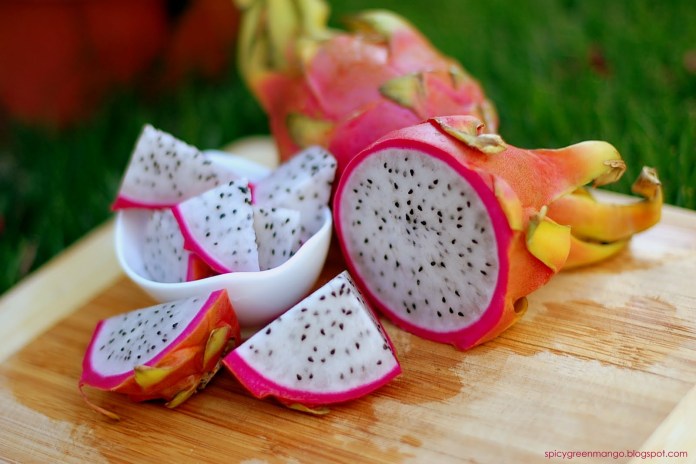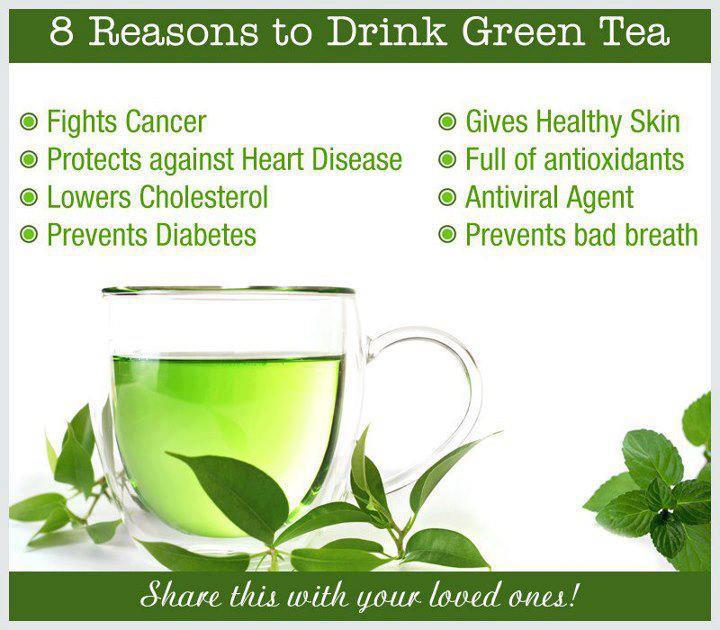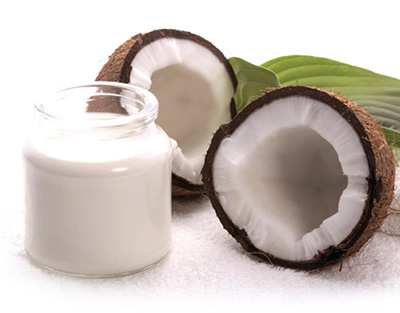The simplest way to improve your health and ward off countless chronic diseases is by eating more of fresh and healthy fruits and vegetables. In reality, any vegetable is good for health, but there are a few that are definitely more nutritious than the others.
Here is a list of the top 25
healthy vegetables that you must include in your diet.
1. Onions
Usually used for flavor, this veggie contains cancer-fighting antioxidants. It is most beneficial when eaten raw. Cooking onions reduces the effectiveness of phytochemicals that fight against diseases, especially prostate and lung cancer. This pungent-smelling veggie is particularly good for people suffering from osteoporosis.
Try adding raw, chopped onions in salads along with tomatoes, cucumber, and avocados. Add a dash of blood sugar-friendly lime juice for taste.
2. Peas
Green peas are a powerhouse of nutrition. They contain iron and folate, which are extremely important for pregnant women. They contain a generous amount of vitamins B1, B2, B3, and B6 that help in reducing homocysteine levels, therefore reducing the risk of heart diseases.
3. Kale
Kale is chock full of vitamin C that reduces the risk of heart diseases by lowering the levels of bad cholesterol or LDL. The organosulfur phytonutrient that is present in kale protects our body from ovarian cancer, and the carotenoids serve the purpose of lowering the risk of cataract.
4. Broccoli
This cruciferous vegetable is rich in antioxidants that help in reducing the risk of lung, rectal, and stomach cancer. They are also rich in folate, vitamin C, and beta-carotene, which boost the body’s immunity and protect against flu and cold.
5. Spinach
This chlorophyll-packed vegetable is an excellent source of every nutrient your body would require for functioning at its optimum. A cup of spinach can help you meet the body’s daily requirement of vitamins C and K, lutein, and potassium.
They are also packed with carotenoids that promote healthy eyes and prevent macular degeneration.
Scientists also believe that a diet with more of spinach helps you protect against various diseases such as colon cancer, arthritis, and even osteoporosis.
6. Carrots
The vibrant orange color of the carrot indicates the presence of high levels of carotenoids that reduce the risk of a few types of cancers and eye diseases. They are rich in antioxidants and vitamins A and C that protect the cardiovascular system against damage.
7. Okra
Okra, also known as lady’s finger, is a rich source of fiber that helps in reducing blood sugar and improving bone health. The abundant folate and nutritional value present in okra not only helps women to conceive but also helps in preventing miscarriages. It also aids in the brain development of the fetus.
8. Green Beans
Green beans are an easy source of folic acid and vitamins A, B6, C, and K. One of the benefits of this nutrient-packed vegetable is a reduced risk of heart diseases. It boosts the immunity and protects our body from colon cancer. It also helps in eliminating those harmful free radicals.
9. Potatoes
Whether you like it mashed, roasted, boiled or baked – the potato is one of the most versatile food staples. They are stuffed with phytonutrients such as carotenoids, caffeic acid, and flavonoids that help with digestion, promote a healthy heart, and maintain blood pressure.
10. Corn
The health benefits of corn include prevention of heart ailments, controlling diabetes, prevention of neural-tube defects during birth, and lowering hypertension. They not only provide the necessary calories for a healthy metabolism but also are a rich source of fiber and vitamins A, B, and E.
11. Beet
Both raw or cooked, this root vegetable is rich in antioxidants that fight against cancer. It also contains high levels of lutein that protect the eyes. Even the beet leaves are full of nutrition, and they can be cooked like any other leafy vegetable.
12. Cucumber
Cucumber is mostly made up of water, which means eating cucumber during summer helps keep you hydrated. It is rich in vitamins K, B, C, potassium, manganese, and polyphenols that help in reducing the risk of chronic diseases.
13. Eggplants
Eggplants are rich in antioxidants such as nasunin and other heart-healthy nutrients. Nasunin protects the brain cells from damage, and the presence of potassium and fiber reduce the risk of dementia and heart stroke.
14. Radish
Radish is diuretic in nature and helps in treating inflammation and that burning sensation during urination. It is a good detoxifier, and thus facilitates digestion. It can also help in treating piles.
Radish is a rich source of anthocyanins that provide numerous health benefits to the body.
15. Cauliflower
The cauliflower is another member of the cruciferous family of vegetables that provides a number of health benefits. It contains sulforaphane that helps in killing cancer stem cells. It also improves blood pressure levels in the body and maintains the proper functioning of the kidneys.
16. Celery
Celery is an excellent source of beneficial enzymes and antioxidants, as well as vitamins B6, C, and K. It provides dietary fiber that boosts digestion and promotes weight loss. Because of the high percentage of water and electrolyte, celery also helps in preventing dehydration.
17. Scallions
Scallions or spring onions are very low in calories. They contain flavonoid antioxidants and fiber that protect against various diseases.
18. Asparagus
Asparagus is a very good source of vitamins A, C, E, and K, fiber, and folate that help in fighting against cancer. It is packed with antioxidants that help in neutralizing the effects of cell-damaging free radicals.
19. Tomatoes
Though technically considered as fruits, tomatoes are often served as vegetables. They are rich in lycopene, which is well known for its cancer-fighting capabilities. Being rich in vitamins A and K, they also help in maintaining the blood pressure and reducing the number of free radicals in our body.
20. Parsley
Parsley contains a flavonol called myricetin that helps in preventing skin cancer. It is also effective in the prevention and treatment of diabetes and maintaining bone health.
21. Sweet Potato
Sweet potato has dozens of anti-cancer nutrients including manganese and vitamins A and C. It is also rich in fiber and iron, and thus, provides energy and regulates the digestive system.
22. Bell Peppers
Bell peppers, whether red, yellow or orange, are packed with a number of heart-healthy nutrients such as folic acid and lycopene.
Everyday consumption of bell peppers may help lower the risk of developing lung, colon, pancreatic, and bladder cancer.
23. Squash
Squash has a number of anti-inflammatory nutrients such as beta-carotene and vitamin C. It helps in treating a number of conditions such as rheumatoid arthritis, asthma, and osteoarthritis.
24. Brussels Sprouts
These green vegetables are great for pregnant ladies since they are packed with vitamins B, C, and K, and folic acid that prevent neural tube defects.
25. Alfalfa Sprouts
Alfalfa sprouts are a powerhouse of beta-carotene that protects the body against lung cancer and maintains the health of hair, nails, gums, teeth, and bones. It is also a good source of vitamin E that protects our body from strokes and heart attacks.
Our Mother Nature has gifted us with so many powerful sources of nutrients – so why not start eating them regularly instead of just relying on supplements? Hope you liked this article. Share your views in the comments box below.















